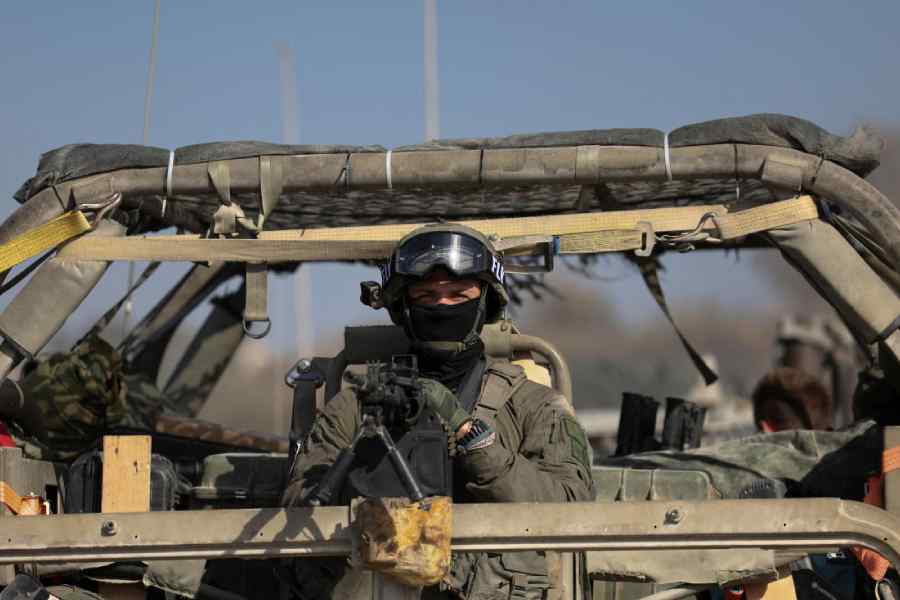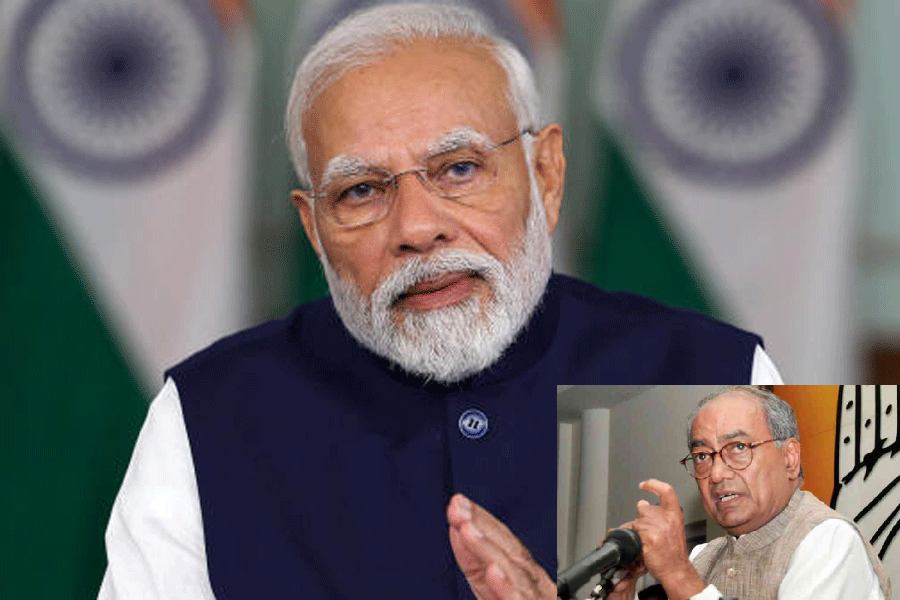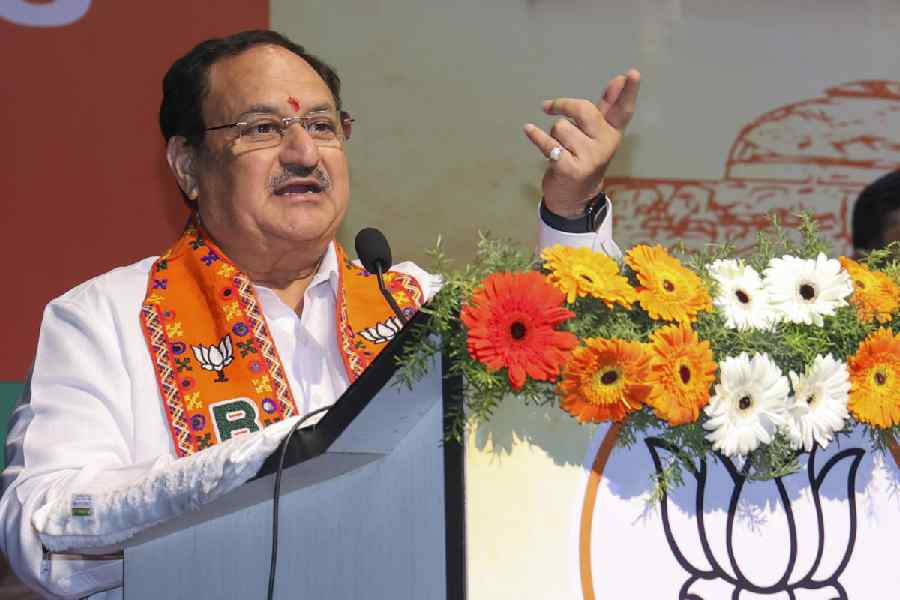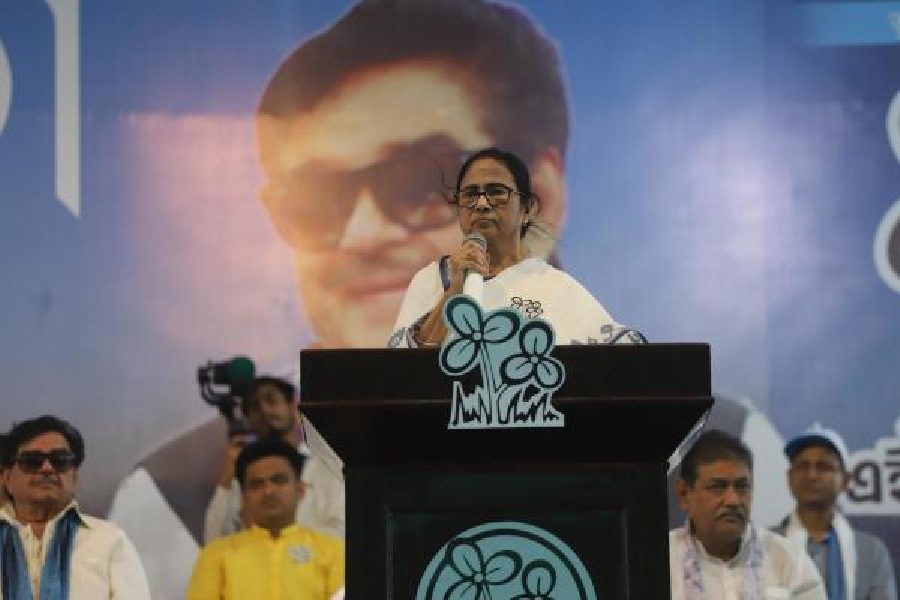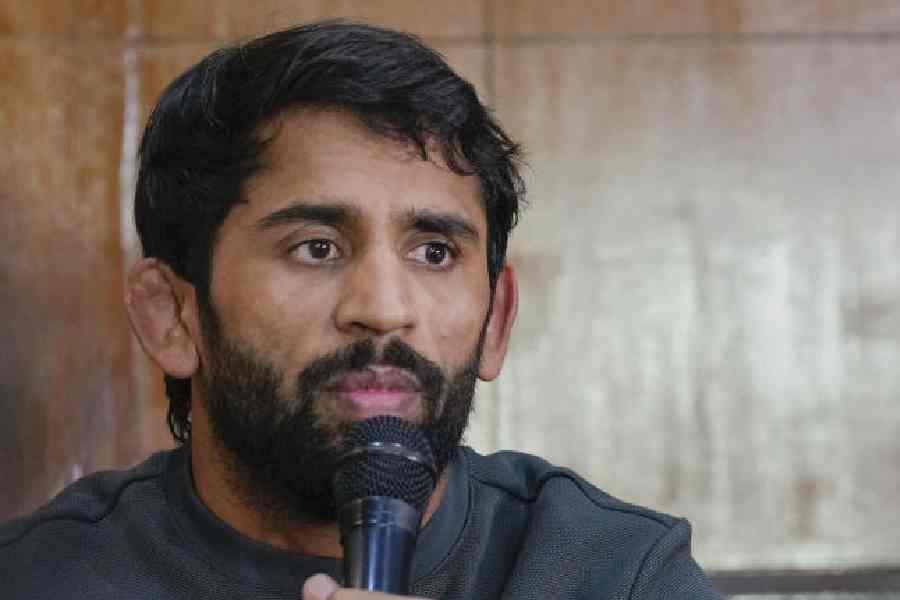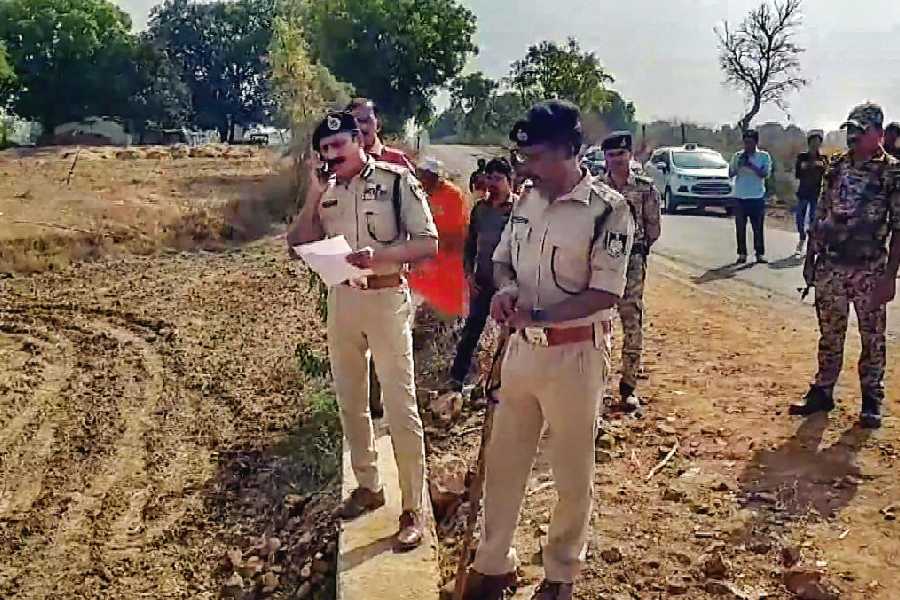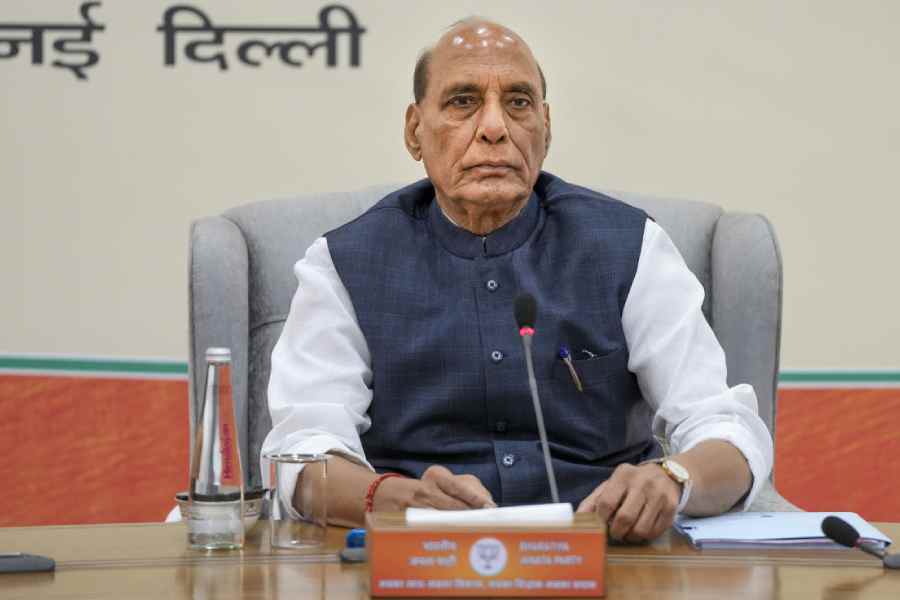Israel will have no difficulty getting the 100,000 Indian workers it needs to get rid of pestilential Palestinians. Apart from India’s compelling push factor, which only a handful of billionaires escape, a rabbi can decide that a lakh or ten or even a hundred lakh Indians desperately seeking jobs abroad are original Jews or ancient ethnic Hebrews and, therefore, qualified to be ‘olehs’ or pilgrim-immigrants to the Promised Land.
North-east India’s Mizos, Kukis and Chins are already entitled to ‘aliyah’ or ‘going up’, the mystic euphemism for emigration, under Israel’s 1950 Law of Return. Despite inconclusive DNA tests, Israel’s chief rabbi recognised them in 2005 as descendants of the Biblical Joseph and members of the Bnei Menashe, one of the lost tribes of Judaism. The welcome accorded to such unlikely comers might have been anticipated 53 years ago when I holidayed in Israel for two weeks and was excitedly directed to the Mesilat Zion community of ‘Black Hebrews’ in ‘Little India’ who exported blue roses and were supposedly from Cochin. Conversation was impossible. Very different from the European ‘Paradesi Jews’ I had seen in Cochin or even Baghdadi Jews or Bene-Israel from Bombay, the Mesilat Zion had no Hindi or English and I had neither their native Malayalam nor the Hebrew they had picked up to demonstrate faith and lineage. Enormous posters of Sunil Dutt, Sharmila Tagore, Shashi Kapoor and Raaj Kumar advertised the 1965 film, Waqt, in nearby Dimona.
Israel couldn’t have been a more unpopular destination then. Saumyendranath Tagore, the aristocratic Revolutionary Communist Party of India leader who translated The Communist Manifesto into Bengali, was probably the only Indian to even mention the Zionist State. I hadn’t heard of him in England but my radical Jewish friends in Manchester who had to suffer the ‘Palestine Road’ and ‘Yidsbury’ (for Palatine Road and Didsbury, a leafy suburb where rich Jews retired) from mocking bus conductors spoke glowingly of the miracle that had brought life to the sandy wastes of the Negev and recreated the Biblical city of Beersheva. It sounded like a dream come true that I was determined to savour.
A brief encounter at a press lunch in London’s Café Royal with Golda Meir, the Israeli prime minister who famously snorted when Egypt’s president, Anwar Sadat, and Israel’s sixth prime minister, Menachem Begin, were awarded the Nobel Peace Prize that they should get Oscars instead further convinced me of Israel’s interest in India. “We are too small,” Mrs Meir, who had met Indira Gandhi in Kenya, complained, “India is so huge!” I had written in The Statesman in January 1970 that having themselves made the desert bloom, “the Israelis will present India with a blueprint for a similar reclamation of the Thar desert” the very day New Delhi agrees to diplomatic relations.
When I told the Israeli embassy in London of my travel plans, it generously offered me hospitality for half my time there. India House issued a six-month ‘Israel-only’ passport. The time limit was a concession to Arab susceptibilities. Similarly mindful of adversarial feelings, the Israelis didn’t sully the passport with a stamp. No one can tell from its virginal pages that I ever set foot in the Holy Land. I still have the document although ordered — why I never knew — to surrender it to the ‘nearest Indian passport-issuing authority’ after six months.
My reason for recounting all this is a certain cyclical similarity between my own innocent admiration for and disillusionment with Israel all those decades ago and the world’s since the October 7 nightmare. Hamas’ brutal raid produced a surge of solidarity for a people who seemed destined to suffer forever the pain and the anguish of the Holocaust. But as days and weeks of killing Palestinians, bulldozing their houses, bombing refugee camps and forcing men, women and children into the streets without food, water, fuel or medicines drag out, it’s clear that yesterday’s victim is today’s vindictive oppressor. Few governments are repelled because official responses are determined by political, economic and strategic self-interest in which humanity has little say. But swelling public protests in city after city (except in Hindutva-obsessed India) reveal the extent to which Israelis have forfeited grassroots sympathy.
My trajectory was nothing as dramatic. But the elation that took me to Israel evaporated with the realisation that this model democracy embedded in Arab autocracy was as restrictive as the most exclusive British club. Its privileges were reserved only for a particular species of dwija. An early surprise was a fragment of crumbling wall near Tzora kibbutz where I spent several days. “An old Arab village,” shrugged my robust, young, white, South African host. Much later, Walid Khalidi’s All That Remains: The Palestinian Villages Occupied and Depopulated by Israel in 1948 hauntingly evoked my family’s East Bengal roots. A young man in jeans and checked shirt skulking (as I thought) in the garden gave the parallel another dimension. As a Palestinian day labourer, he destroyed the vision of self-help with even electric kettles frowned on that had inspired Degania, the first Zionist socialist farming commune in 1909.
Life seemed far closer to nature for the Yemeni Jews of Beit Shemesh or the Palestinians of occupied West Bank (Benjamin Netanyahu’s “Judea and Samaria”) where criss-crossing roads, barbed wire, watchtowers and bullying settlers offered glimpses of the neocolonial iron grip to come. It should have been clear then that Israel would never allow a sovereign Palestine. Those who talk of a two-State solution are deluding themselves or deceiving the world. They must know that Hamas, which Yasser Arafat called “Israel’s creature”, also saved Netanyahu’s job.
Unlike South Africa’s apartheid-era rulers, Zionists do not cite Genesis to identify dark skins with the sons of Ham hacking wood and carrying water. Apartheid is all the more final for being unconscious and dripping with contempt. The Israeli politician who dismissed Hamas as “human animals” was expressing a profound atavistic animosity. Describing the Six Day War, my host said that “the Arabs can’t shoot for nuts.” He and his mates had lounged against trees while bullets flew around them. My guide was equally scornful when we stopped at kibbutz Gesher with its rabbit warren of underground gas-proof shelters to look across the Jordan river at the Golan Heights. “Don’t worry,” he said reassuringly, “the first shots will be wide of the mark and we can easily get back to the car.” Israeli self-esteem was further boosted by the late King Hussein of Jordan’s black limousine waiting on the rebuilt Allenby Bridge — which Jewish terrorists had destroyed in 1946 — every morning for The Jerusalem Post, the region’s most respected English-language newspaper.
The Black Hebrew status was not settled until 2003 when Israel replaced B/1 visas — work permits like the United States of America’s H-1B visa legalising what an American academic called “indentured servitude” — with permanent residency. The Framework Agreement on Facilitation of Temporary Employment of Workers in Specific Labour Market Sectors in Israel that Israel’s foreign minister, Eli Cohen, initialled in New Delhi in May, waxing eloquent about India being “the gate from the East to the West”, refines that arrangement. It also recalls a Manipuri elder in Aizawl describing similar lunar rituals to substantiate a tribal leader’s dream of Israel as his people’s ancestral homeland.
As Israel takes the war into the West Bank and thousands of jobless Indians catch flights to Tel Aviv, making little dent in the financial distress of an unemployed army of 47 million, no one will spare a thought about these blacklegs being mowed down as cannon fodder in a distant land. Instead, the saffron lobby’s professional cheerleaders will applaud their leader’s prescience in striking up a bromance with his ‘dear friend Bibi’ whom Gaza’s truculent Muslims forced to launch the deadly Operation Iron Swords.

